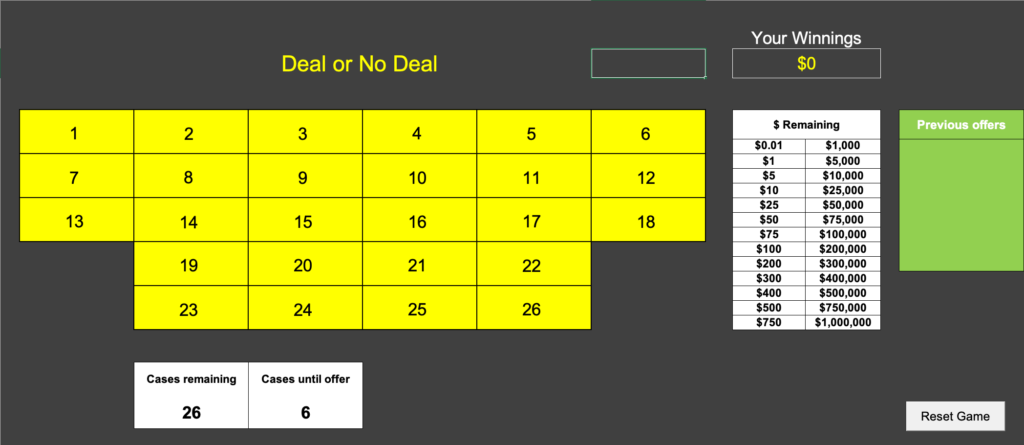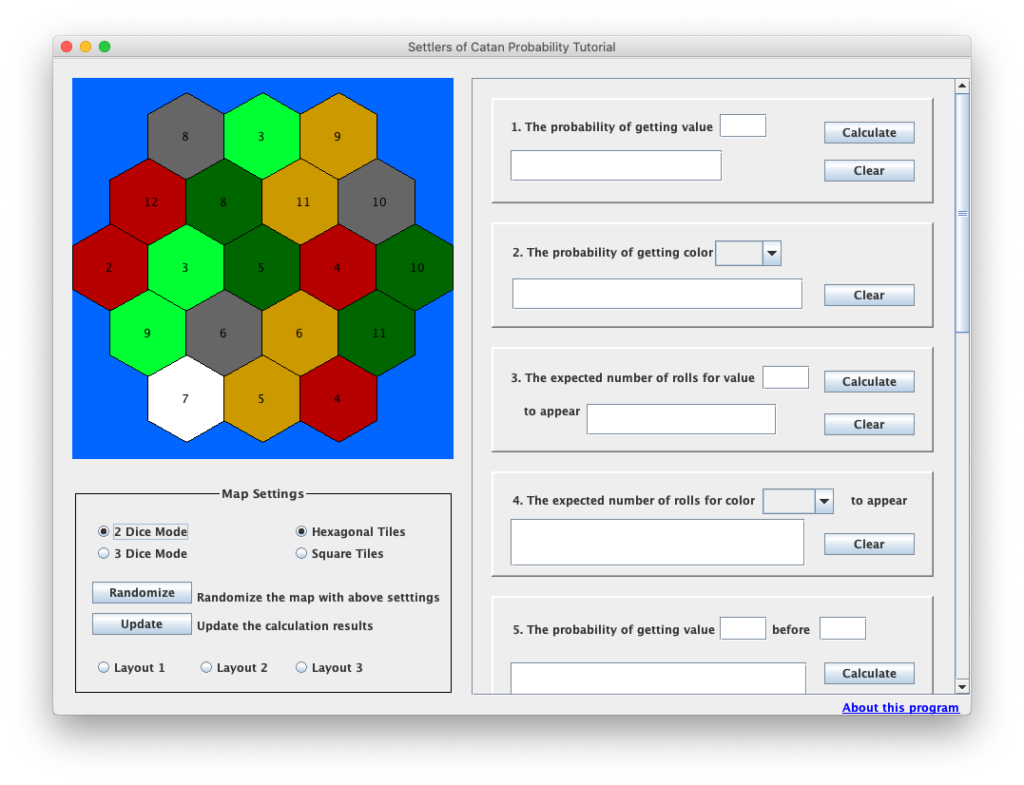- Current Courses
- Past Courses
- Software
MIE429: Machine Intelligence Capstone Design (Fall 2019, 2020)
A half-year capstone design course in which students work in small teams to apply the engineering design, technical, and communication skills learned previously, while refining their skills in teamwork and project management. The course will take a “systems approach” to machine intelligence design, where students will identify, frame and design solutions to real-world problems in the field. Students will engage with industry partners, and work through a process that results in a functional prototype. The resulting designs are assessed on their engineering quality and design credibility. In addition, each student engages in individual critical reflection on their course activities, team performance, and on their growth as an engineering designer across their undergraduate program. Students are supported by a teaching team comprising both design and domain experts.
MIE368/465: Analytics in Action (Winter 2017, 2018, 2019, Fall 2019, 2020, 2021, 2022)
This course showcases the impact of analytics focusing on real world examples and case studies. Particular focus on decision analytics, where data and models are combined to ultimately improve decision-making. Methods include: linear and logistic regression, classification and regression trees, clustering, linear and integer optimization. Application areas include: healthcare, business, sports, manufacturing, finance, transportation, public sector.
MIE1620: Linear Programming and Network Flows (Fall 2011, 2012, 2013, 2014, 2016, 2018, 2020, 2021)
Rigorous introduction to the theory of linear programming. Simplex method, revised simplex method, duality, dual simplex method. Post-optimality analysis. Interior point methods. Decomposition methods. Network flow algorithms. Maximum flow, shortest path, assignment, min cost flow problems.
MIE468: Facility Planning (Winter 2010, 2011, 2012, 2013)
Fundamentals of developing efficient layouts of various production/service systems. Topics include layout procedures, computerized layout planning, single-facility and multifacility location problems, material-handling systems design for production facilities.
MIE1616: Research Topics in Healthcare Engineering (Winter 2012)
This course reviews a wide variety of methodologies in the healthcare sector. Although many of the problems of O.R. in healthcare are analytically similar to problems in other industries, many others are quite unique due to certain characteristics of the healthcare systems. For example, the possibility of death, quality of life, difficulty of measuring quality and value of outcomes, multiple decision makers (doctors, nurses, patients, administrators), and the concept of access to healthcare as a right. We consider strategic problems of system design and planning (large allocation decisions), operational and tactical problems of management, monitoring and control methodologies; and medical management involving disease detection and treatment models.
MIE263: Operations Research II: Stochastic OR (Winter 2011, 2012, 2013, 2014, 2017)
Modelling and analysis of systems subject to uncertainty using probabilistic methods. Introduction to decision analysis. Derivation and application of Bernoulli and Poisson processes, Markov chains and queuing models. Stochastic optimization and extensions. Applications to engineering, games of chance, health care, and management.
The programs below were developed for educational use to support classes that I currently teach (or have taught in the past). An email to me stating how and in what class you are using the program grants permission for unlimited use in educational settings. Feedback is greatly appreciated!
Deal or No Deal
Currently or previously used at: MIT, Duke University, Georgia State University, University of Kentucky, US Air Force Academy, University of Calgary, McGill University, KU Leuven, University of Auckland, Chester University, FOM University, University of Science and Technology of China.
I created this Excel program many years ago for an MBA class at MIT. It has gone through a few revisions since, with the most recent revision during the summer of 2012. Thanks to help of a dedicated student, the gameplay has improved tremendously since the original version. This game can be used to illustrate topics such as sequential decision making, expected values, risk and utility, etc. Download Deal or No Deal program program.
I’ve also written a paper about using this game to teach decision making under uncertainty: T. C. Y. Chan, “Deal or No Deal: A spreadsheet game to introduce decision making under uncertainty,” INFORMS Transactions on Education, Vol. 14, pp. 53-60, 2013. You can find background, discussion points, and suggested exercises.
If you use the game in class, please email me to describe how it went!

Settlers of Catan Probability Tutorial
Developed by a summer student in 2010, this Java program was inspired by the board game “The Settlers of Catan”. The program poses a series of questions related to dice rolling and covers topics such as conditional probability and the Bernoulli process. Since the answer to each question is available to the user, the user is encouraged to solve the problems first before looking at the correct answer. The answer box shows a formula and the numerical value of the answer for the current board layout. The user may vary the style of the board layout and number of dice used. Suggestions for interesting and challenging questions to add to the program are welcome. Download Catan Probability Tutorial program. Note that the file is a zipped executable.

